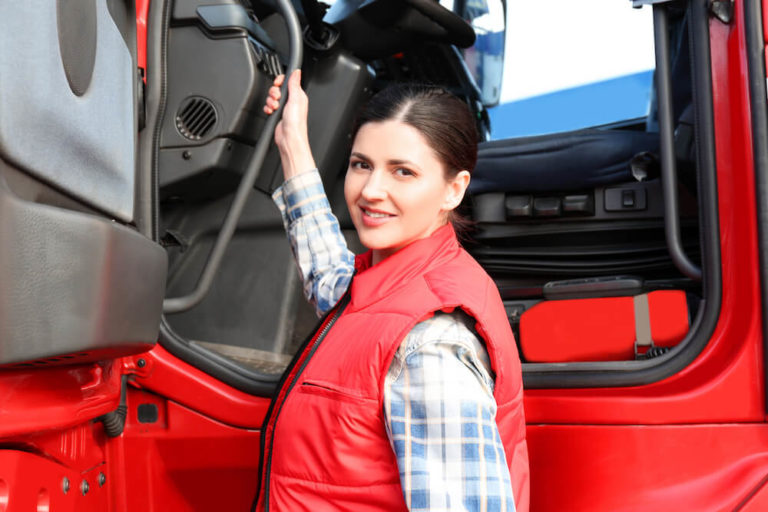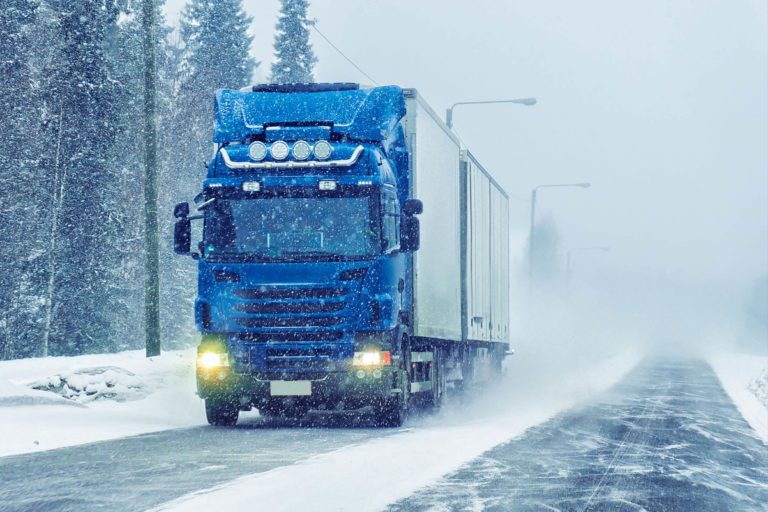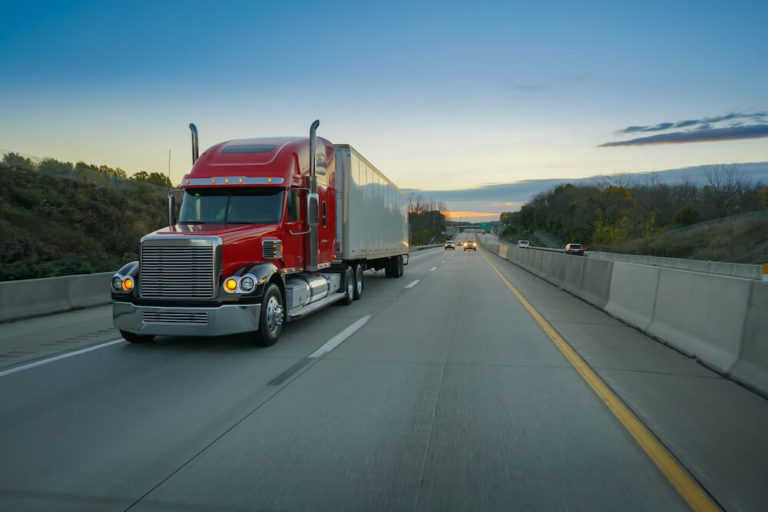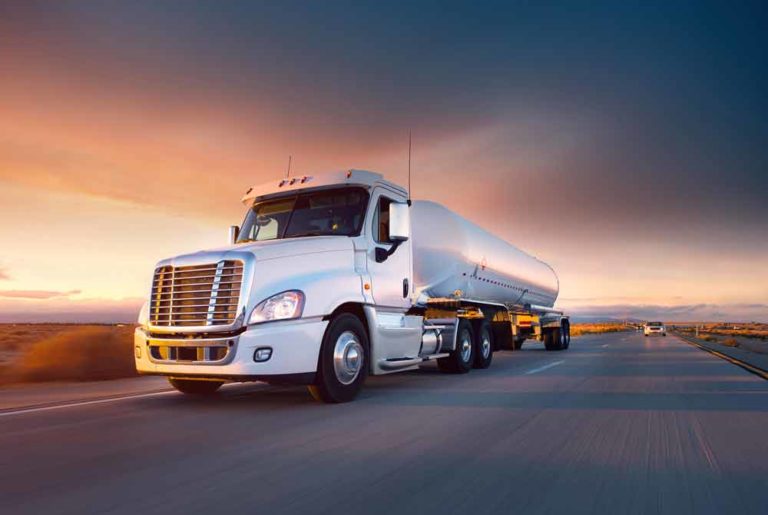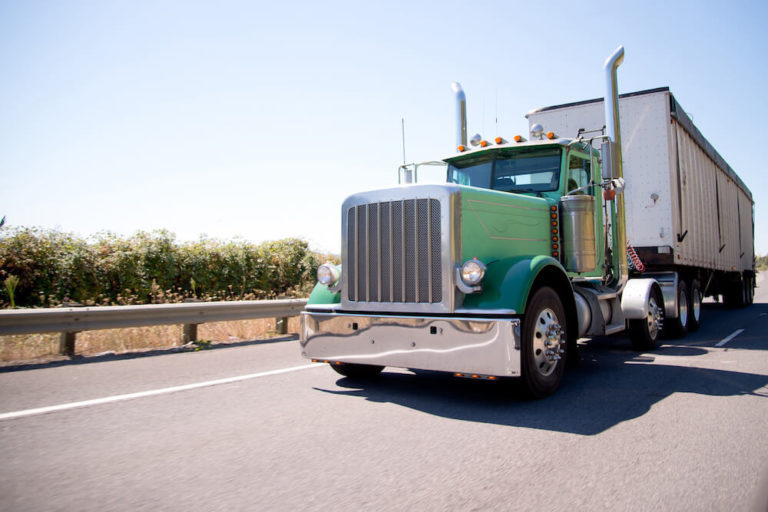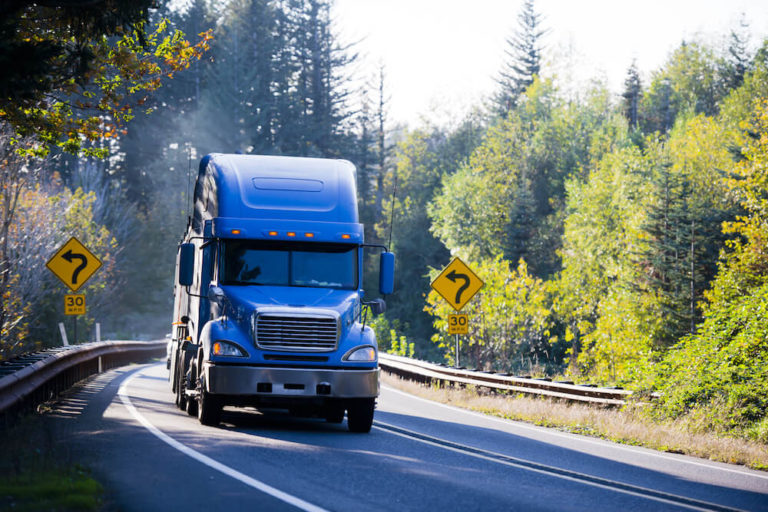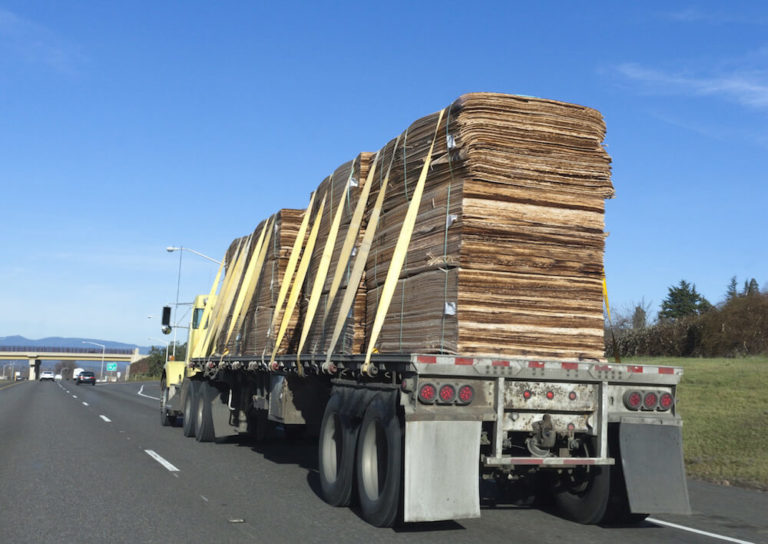If you’re hauling on lowboys, you know that no type of equipment, machinery, or industrial vehicle you haul is ever quite the same. You’re naturally a problem solver. Every day, you have to put your knowledge of synthetic webbing, winches, ratchets, friction mats and more to work so that you can make sure every load safely reaches its destination. You recognize that it’s not only the cargo at stake – it’s also the safety of everyone on the road and your business’s reputation.
Tips
Getting the right truck insurance for your business can feel like a monumental task. Maybe you’re not quite sure where to start. This section of our blog has articles that feature tips for buying truck insurance and tips for understanding various coverages. Insurance might seem overly complicated and impossible, but we strive to make insurance as easy as possible. That’s why these articles break down various topics into easy-to-understand tips and explanations.
The “Tips” section also includes articles that focus on ways to improve safety at your business. Though you face many risks as a trucking business, there are things you can do to minimize those risks and lessen the chance of something bad happening. The articles take various topics and create manageable steps that you can follow to boost safety at your business. The safer your business is, the fewer claims you may have. And that can help your insurance rates.
So, take some time to check out the topics that appeal to you.
7 Safe Winter Driving Tips for Truck Drivers
According to the Department of Transportation, bad weather causes 21% of vehicle accidents. A DOT study shows that heavy snow can slow freeway traffic down by 5-40%, and even light snow can decrease speeds by as much as 13%, increasing your drivers’ risks of having an accident. Taking steps to prepare your drivers for the increased challenges of winter will help keep your drivers safe and deliveries reaching their destinations on schedule.
5 signs that you need to compare truck insurance quotes
The point of having truck insurance is to save you money. If you are in an accident, having the right truck insurance can save you from expensive lawsuits or having to pay out thousands to fix your truck. However, your current policy may not be the best one for you.
4 tank truck insurance coverages you should know about
Whether you use your tank truck to haul staples like milk or water or fuel for retail gas stations, you need the right kind of insurance coverage. Tank trucks are not easy to drive.
Guide To International Fuel Tax Agreement (IFTA) Registration
The International Fuel Tax Agreement, or IFTA for short, is an agreement between states in the U.S. and provinces in Canada to collect fuel use taxes. The IFTA agreement includes the 48 U.S. states and 10 Canadian provinces that participate.
How does my trucking business’s SAFER score affect my insurance rates?
Your SAFER score may not only signal issues within your trucking business. It can directly impact your truck insurance rate. Learning more about how this score works and how an insurer views this score will help improve audit performance and keep insurance premiums low.
Here’s what you need to know.
4 tips for selecting the best long-haul truck drivers
If you are a fleet owner, then you probably know that there is a truck driver shortage. You might try to solve this issue by lowering your hiring standards or using quick or aggressive recruitment strategies. However, this strategy will likely lead to poor driver retention.
How to recruit and keep good truck drivers
Recruiting and keeping good truck drivers is difficult for most fleet owners. There is currently a shortage of qualified truck drivers. According to the American Trucking Organization, the trucking industry needs to hire at least one million truck drivers over the next decade to meet the current demand
How to properly load your truck for safe transport
Imagine looking in your rear review mirror and seeing your cargo spill onto the roadway. A scenario like this could result in a serious accident. A vehicle might swerve into oncoming traffic to avoid hitting the cargo.

